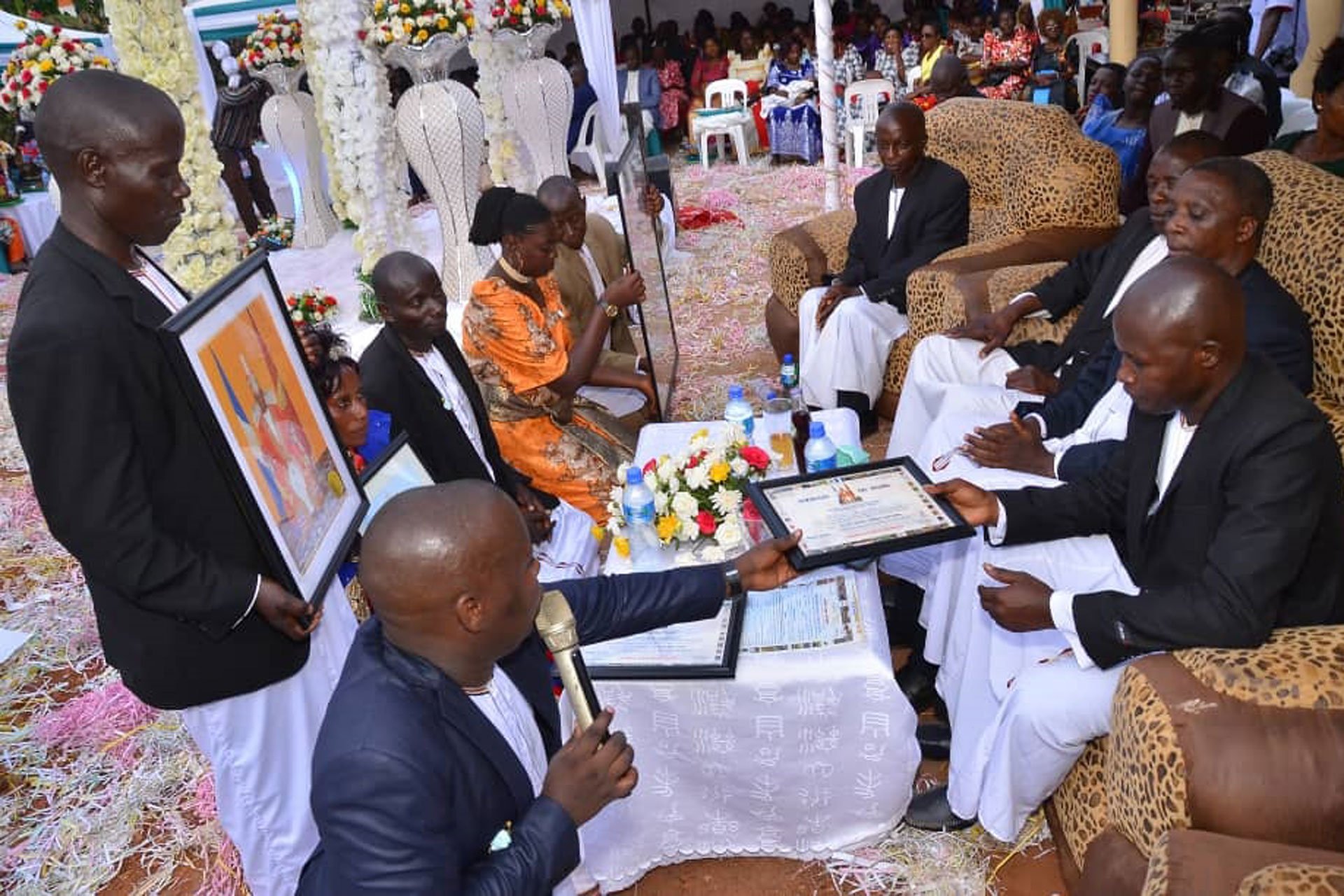Prime
The Catholic Church on marriage registration

What you need to know:
- According to the laws governing the Catholic Church (Cf. Canon 1123 of the 1983 code of Canon law), the requirements of civil law concerning the celebration of marriages must be observed in the canonical celebration of any marriage. This means that in places where civil registration of marriages is required by law, the Church also expects compliance with those legal requirements.
On February 14, 2024, while the rest of the world was celebrating Valentine’s Day, a conference was being held at Hotel Protea in Kampala.
It was organised by Uganda Registration Service Bureau (URSB) with the aim of finding solutions to the marriage registration enigma in Uganda. Different stakeholders had been invited to give their contributions to the above challenge.
I was privileged to represent Fr. Dr. Pius Male Ssentumbwe — the chancellor of Kampala Archdiocese - plus the judiciary of Kampala Archdiocese. The deliberations from that conference have prompted me to write this article elucidating on the issue from the perspective of the Catholic Church.
According to the laws governing the Catholic Church (Cf. Canon 1123 of the 1983 code of Canon law), the requirements of civil law concerning the celebration of marriages must be observed in the canonical celebration of any marriage. This means that in places where civil registration of marriages is required by law, the Church also expects compliance with those legal requirements.
Currently, Catholic marriage registration in Uganda follows the following procedure:
a) Obtaining a marriage certificate from the church: After the Catholic marriage ceremony has taken place, the officiating priest or deacon provides the couple with a marriage certificate. This certificate confirms that the marriage has been solemnized according to the rites of the Catholic church.
b) Submission of the marriage certificate to the registrar of marriages: This is done by the couple in the district where the marriage took place. It is typically done within a specified time frame after the wedding ceremony.
c) Completion of Marriage Registration Forms: The registrar of Marriages will provide the couple with forms to complete for the registration of their marriage. These forms require information such as the names, ages, occupations, and addresses of the couple, as well as the date and place of the marriage ceremony.
d) Witnesses: The couple may need to provide the names and signatures of witnesses who can attest to the validity of the marriage. These witnesses should have been present at the wedding ceremony.
e) Payment of Fees: There may be fees associated with the registration of the marriage with civil authorities. The couple will need to inquire about the applicable fees and ensure they are paid when submitting the registration forms.
f) Issuance of marriage certificate by civil authorities: Once the registration forms have been submitted and any required fees have been paid, the Registrar of Marriages will process the registration and issue an official marriage certificate. This certificate is issued by the government and serves as legal proof of the marriage.
The issuance of the marriage certificate is necessary for the marriage to be legally recognised by the state. This recognition grants the couple various legal rights and responsibilities, such as inheritance rights, taxation benefits, and the ability to make decisions on behalf of one another in legal matters.
Marriage registration also contributes to ending domestic violence. It makes it easy to prove the existence of a marriage. It further helps in matters of succession by providing protection to children and spouses in the event of death of one of the spouses.
Since non-registration does not invalidate a marriage, many couples, for various reasons, forgo the registration step, remaining content with the church marriage certificate. But this has negative repercussions for the couple.
It would be good if the URSB made it easier for the couples by directing the onus/burden of registration to the different institutions that are authorised to perform weddings in Uganda. And the five recognised marriages in Ugandan law include: Civil marriages, Church Marriages, Muslim marriages, Customary marriages and Hindu marriages.
Fr. Dr. Ronald Kigozi, Lecturer St. Mbaaga’s Seminary Ggaba, Curate Kansanga Catholic Parish



